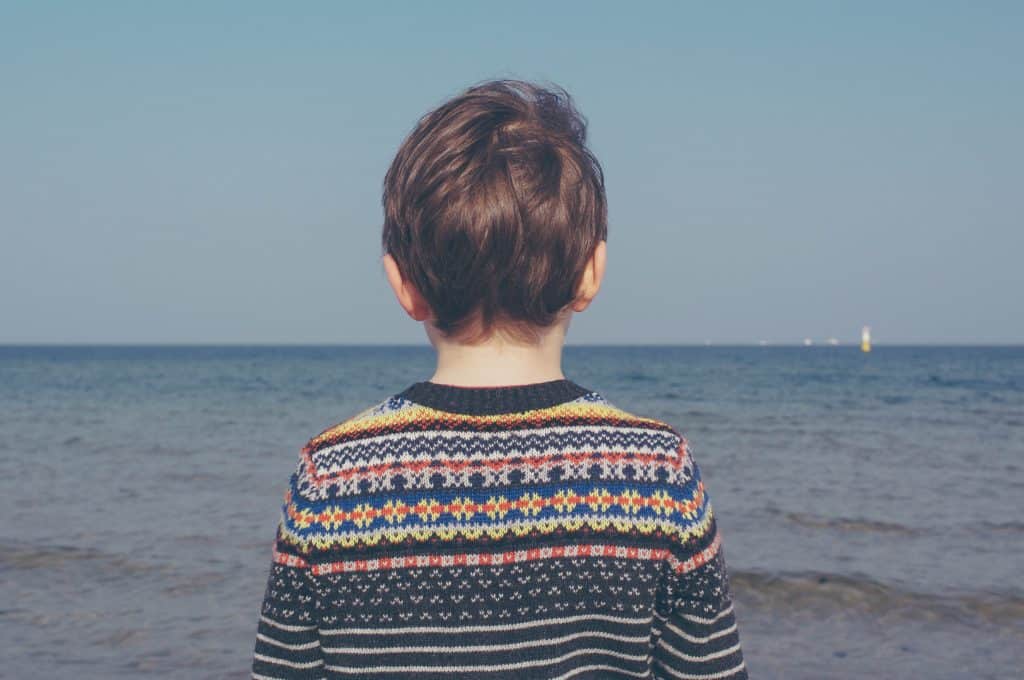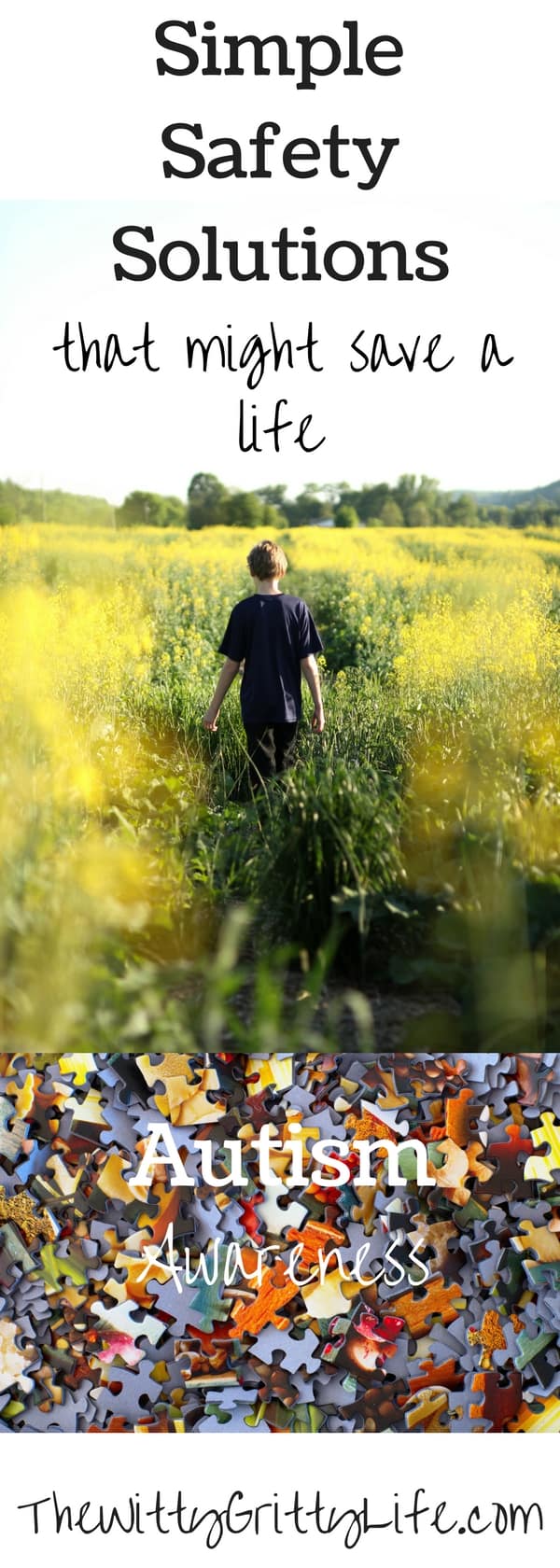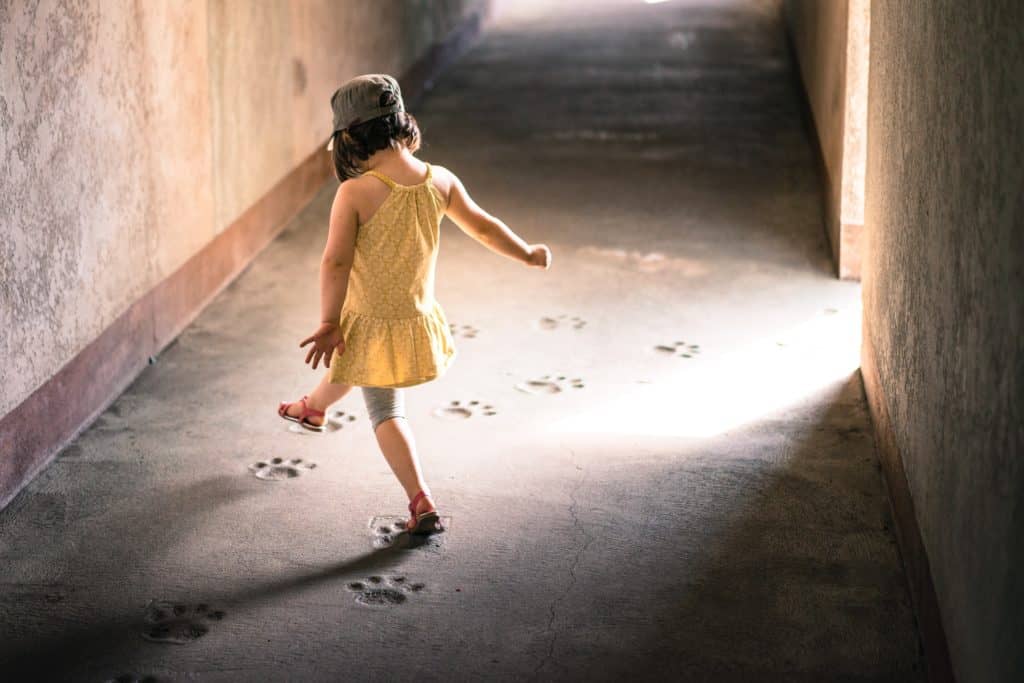The following information is meant as a starting point and to bring the danger of wandering and elopement in children with autism to your attention. But it applies to any disability or age group prone to wandering, such as Alzheimer’s and dementia, down syndrome etc.
This post is dedicated to my favorite 17 year old in the whole world, who keeps me on my toes and makes me smile every day.
On January 1st 2014 at 9:15 pm our darling autistic son jumped out of his bedroom window, one and a half stories up, barefoot, in freezing cold. He somehow accomplished this with me sitting in my chair at the bottom of the stairs with a clear view of the door to his room. I never heard any noise to indicate what he had done. It was his service dog Rascal who probably saved his life that evening. He alerted us to someone in front of the house, unusual at this hour. Without him we might have never investigated what was going on and there is a real chance my baby would have lost his life that freezing night.
Do I have your attention? Good.
Why am I telling you about this, my worst parental fail? I want you to know what happened, because the information presented in this post might save a life. Many parents are not aware that there are simple safety solutions that also happen to be ridiculously cheap that could have prevented this from happening in the first place. We sure weren’t.
According to statistics from the National Autism Association the risk of mortality in individuals is twice as high as that of the general population. While seizures account for some of those deaths, accidents such as drowning and suffocation are much more common. In fact the number one cause of death in children with autism is accidental drowning. Most of these drowning deaths are the direct result of wandering.

Nearly half of all children with autism are prone to wandering and elopement.
We felt falsely safe in the assumption that our son was not among them. Sure, we had put a chain link fence around the yard, but that was mainly to keep him from getting to the garage door. Without the fence there would be no keeping him away from it. But he had never tried to wander off. Nor had he ever made any attempts to jump from a window. (Our yard is not fenced where he jumped out) As a matter of fact, we naively believed the window in his room was too high up for him to reach it.
Today is Autism Awareness Day. For parents like us this is not a day to shout from the roof tops to let everyone know we have a child with autism. For us it is important that other parents and the general population knows the specific issues and dangers autistic individuals face. To me as a Mom, this means insuring our son’s safety at all times to keep him from becoming a statistic that would break our hearts.
With as many as 1 in 50 kids now on the autism spectrum, the odds have increased dramatically that you might be touched by it in some way, even if you don’t have a child with autism yourself. The information I am presenting here today is as relevant to grand parents, aunts and uncles, older siblings, teachers, caregivers, neighbors and law enforcement as it is to us parents. When it comes right down to it, we can all do our part in preventing tragedies like this from happening. All it takes is a few simple safety solutions!
Where does it begin?
Layers of Security
- close and constant supervision
- communication
- video monitor in bedroom
- alarms
- special locks
- fenced yard with locking gates
- inform trusted neighbors
- make a search plan ahead of time
- talk to local police departments – many have special programs for autistic kids and Alzheimer’s patients
- consider getting a GPS tracker
- Autism Service dog, trained in tracking
When it comes to security, always think of layers. There is usually not one single thing that will work every time and in every case. But the more layers you have in place ahead of time, the likelier it is that you can prevent tragedy at an early stage. It begins with close supervision. The goal is never to lock someone in (super dangerous in case of a fire), but to be alerted to their whereabouts, should they (try to) wander. Prevention is key here. It only takes one time for a disaster to happen.
Communication is paramount to close supervision, especially when more than one parent is present. Kids actually drown more often when both parents are present. Always communicate with your partner to insure one of you is watching at all times. I have learned from experience that you can never let your guard down. Our son, like many autistic children, is much smarter than he lets on. He will take advantage of any opportunity he gets to achieve his goals.
To keep a close eye and ear on your youngster at night, install a high quality baby monitor with a camera.
But to be honest, what did the trick for our son were simple stick on window and door alarms. They are inexpensive, readily available and easy to install. I had never even heard of them before we nearly lost our son.
What makes them so effective is that he now knows if he opens his window, a very loud alarm will go off. That alone has kept him from ever touching it, because he, like most autistic people is hypersensitive to sound. We also installed alarms on his bedroom door as well as on each window and door leading to the exterior. They are set to “chime” to let us know when someone opens it.
To provide additional security consider adding bolt locks for exterior doors that are keyed on both sides. It didn’t take long for our son to figure out how to open a regular bolt lock from inside. I would also like to point out that those plastic knob covers for child safety didn’t work for us at all.
If your house has a sliding glass door, be sure to install a keyed lock for it as well. Sadly, they can be challenging to find and the people at the hardware store may not even know they exist.
Before our son’s swan dive through the window, I had never even considered the possibility of him thinking of doing something dangerous like that. Sure, he had a pretty solid obsession with getting to his beloved garage door, but in the dark, in freezing temps, barefoot through the window? In retrospect, I know why he chose the window route. He had been getting out of his room at night and my other son and I had come up with a way to rig his door to make noise when it was opened. In his mind, going through the window was his only choice.
Children with autism are often fearless and unaware of danger.

Make sure bedroom furniture is securely anchored to studs in the wall, to prevent it from being used a step stool. Our son’s bed was near the window at the time and we moved it that same night. Dressers, book cases etc. need to be secured for safety reasons anyway, so that’s two birds with one stone.
Should your Houdini manage to get out even with all those precautions, time is crucial. Every moment counts. Autistic children are magically drawn to water. Let trusted neighbors know ahead of time about the potential for elopement or wandering.
When new neighbors moved in next door some years ago, we were told right away about their daughter’s propensity to wander. When she suddenly stood next to me in my kitchen a few days later, I immediately knew who she was and was able to return her home.
Make sure you know your neighbor’s names and phone numbers and that they have yours. In the moments of panic right after discovering your child has wandered, you will not have time to find them.
In the event your wandering child is not found within minutes, do not hesitate to call the police.
You may want to consider equipping your child with a GPS tracking device.
If wandering or elopement is a constant ongoing problem, a specially trained Autism Service Dog can track your child. I can highly recommend 4PawsforAbility.org from personal experience. Due to the circumstances that night, we did not need to track our son, but we could have, thanks to Rascal, his service dog. As it was, Rascal alerted us to someone outside where they shouldn’t have been. If you have ever considered going that route, be sure the dog is professionally trained specific for that task as well as other autism related tasks.
The National Autism Association has a wealth of additional information on this important subject.
As I mentioned at the very beginning, this post is meant as a starting point. Please feel free to share this post to anyone you think might find it useful. With these simple safety solutions there is absolutely no reason why even one more child with autism should wind up the victim of the tragedy of wandering. If you have personal or professional experience with this subject, know that I welcome your suggestions. If we work together as a community, we can create a safer place for those in our society who are most vulnerable, but no less valuable.
Thank you for reading to the bottom!
If you have any questions, feel free to contact me and I will try to answer them to the best of my ability.

Be sure to pin this, you might save a life!





Excellent!